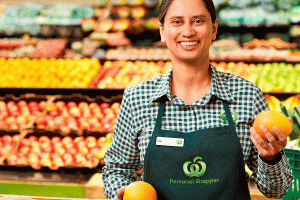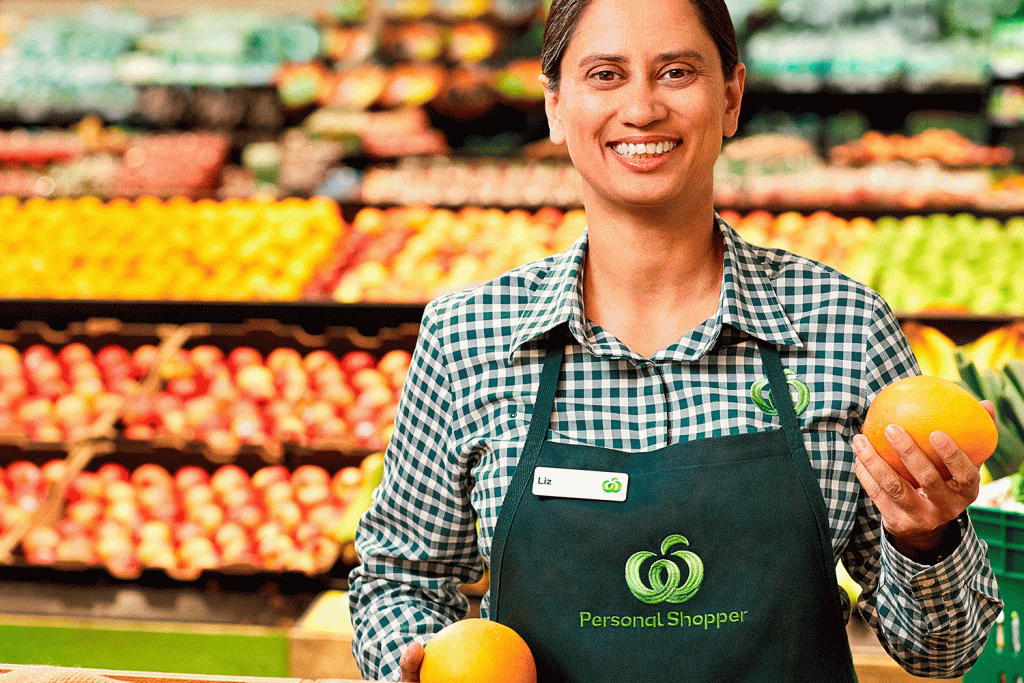
COVID-19 has handed Coles and Woolworths a stellar third quarter.
The panic buying that left supermarket shelves bare has had an upside for both grocery rivals. Coles saw sales revenue rise 12.9% overall, up by $9.2 billion compared to this time last year.
Their grocery sales were particularly positive, with an increase of 13.1% to $8.23 billion between January 6-March 29.
The figures, released in Coles’ 2020 Third Quarter Sales Results earlier this week, also showed their had been big increases in demand across categories, particularly in grocery, health, home and meat.
The unprecedented and sudden jump in demand for product also saw the retailer hire 12,000 casuals, mainly to replenish shelves, and opened three pop-up distribution centres across NSW, QLD and VIC to speed up supply and keep pace with demand.
And despite having to temporarily suspend their online deliveries and ‘click & collect’ services in March, their online sales still recorded a 14% increase.
Demands for toilet paper, cleaning products and other grocery items also had a positive flow-on increase to their convenience stores, which recoreded a sales growth of 4.3% for the prior corresponding period. C-store revenue this quarter was $256 million and was offset by drops in demand for fuel.
The company also saw a jump in their ‘Own Brand’ label. Coles introduced 260 new products into the line this quarter and reported a sales growth of 15%.
Much of the increased sales took place in March and Coles has reported the first four weeks of their fourth quarter indicated a return to near-normal sales levels.
Woolworths also recorded a sizeable profit for Q3. Australian food sales for the retailer were up by 11.3% to a comparable growth of 10.3%, up $11.2 billion. Like Coles, their highest selling products during the quarter – which took in the 13 weeks to April 5, were longlife grocery items including toilet paper, cleaning products, rise and pasta.
Woolworths Group CEO Brand Banducci said the last four months had been one of the most challenging periods in the company’s history, but hoped things were settling into the “new normal”.
“After a slower start to the quarter, Australian and New Zealand Food sales increased materially from late February due to pantry-loading and more recently with customers eating more at home,” he said.
“Our team have played a critical role during these unprecedented times and while the outlook for the rest of the financial year is uncertain, we remain in a strong operational and financial position. This has been a real team effort and we expect to pay a recognition bonus to our permanent front-line team members at the end of the financial year to reflect their over-and-above efforts.”

